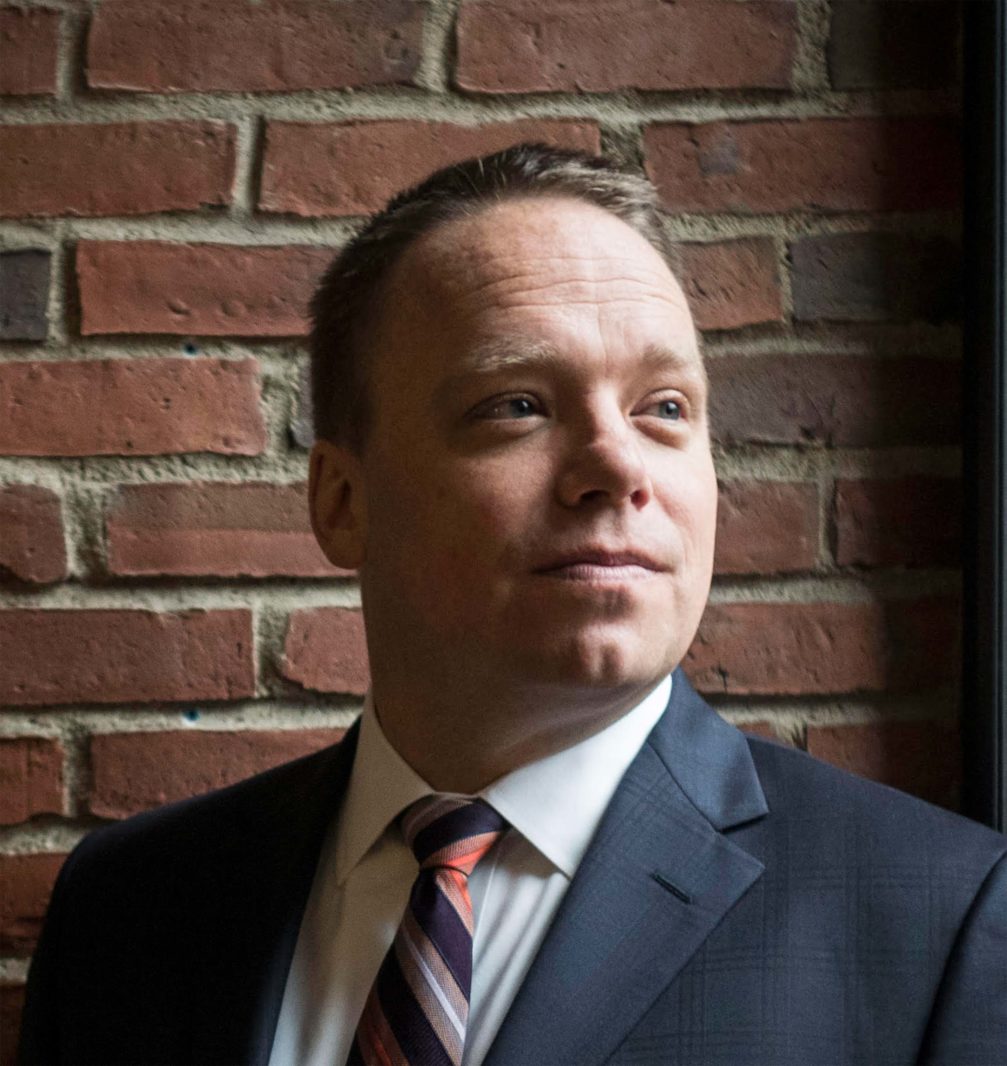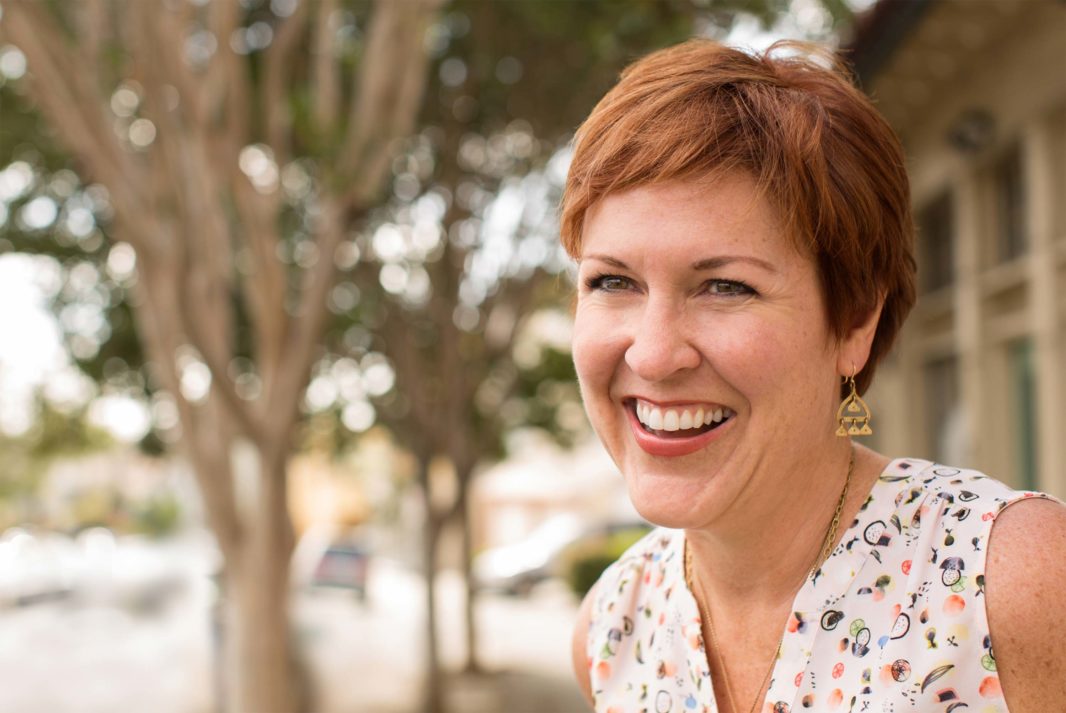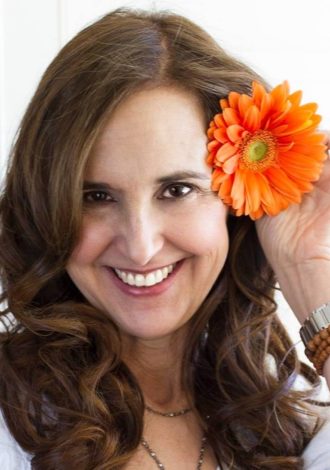What is success? We’ve asked ourselves that question a lot lately. Who sets the parameters on how and when to achieve it?
By definition — Merriam-Webster’s, at least — success is a “favorable or desired outcome; also: the attainment of wealth, favor, or eminence.”
So, does that mean if we haven’t attained wealth, or favor, or eminence in our lives, then we haven’t achieved success?
We’ve talked with a lot of local women about success on this website. Women like Dora Ullian, owner of the Eliot Hotel; upstart and entrepreneur Leah Pringle-Sarno; and veteran entertainment industry mogul Judy Belushi Pisano.
But, how do you define success? Who dictates where you draw your success line in the sand, both socially and personally?
In an attempt to wrap our minds around these questions, Exhale caught up with two thought leaders. Each has struggled with their own personal success stories. Each has come out on the other side with a better understanding of how to achieve it.

COURTESY OF TODD ROSE
Todd Rose
Our Success Experts
At the age of 21, Todd Rose launched into adulthood as a high school dropout. He was also married and supporting two kids with welfare and minimum-wage jobs.
By applying the principles of individuality that were to become his life’s work, in less than a decade he’d turned his life around, earning a doctorate from Harvard Graduate School of Education, where he is currently director of the Mind, Brain and Education program and leads the Laboratory for the Science of Individuality.
Rose also co-founded Populace, a social impact organization dedicated to advancing our understanding of individuality to transform how we learn, work and live. He’s a popular TedX presenter. He has written and published three books, “Dark Horse,” “The End of Average,” and “Square Peg.”
Megan McNealy is a senior advisor at one of the largest financial firms in the world. But, her professional star-status came along with a high personal cost to her health.
Ironically, her journey to regain her health led to even greater personal and career success.
She has created a platform called Well-Being Drives Success to help executives and entrepreneurs achieve wellbeing in body, mind and spirit.
Her first book, “Reinvent the Wheel: How Top Leaders Leverage Well-Being for Success,” due out this October, teaches us how to prioritize wellbeing to create optimal wellness and high performance.
Conversation Starters
Mental health statistics show that women experience depression and anxiety at twice the rate of men. One in three U.S. adults have high blood pressure, and 80 autoimmune disorders affect more than 50 million people.
What are we getting so wrong about striving for success that it is making us unwell?
“We have a cultural belief that we should strive for success first and handle our wellbeing second,” says McNealy. “People have prioritized doing well over being well. I think that’s completely misguided. You can do and be well, simultaneously. You can use wellbeing to show up to work and your personal life with so much more power than you think. When my kids were small, I would feed them an organic breakfast, but then jack myself up with a giant coffee and a scone. In the same amount of time it took me to wait in line, I can blend a green drink. I show up with more power when I’m fueled better.”
“In the work we’ve done with the Dark Horse project, women are far outnumbered in the category that accepts society’s view of success as wealth, power and status — thinking that if you pursue what society says is success you’ll be happy and fulfilled,” Rose agrees. “That almost never turns out to be the case. The opposite is true: Prioritizing personal fulfillment is the formula to success, to achieving what matters most to you.”

NANCY ROTHSTEIN
Megan McNealy
Valuing Status Vs. Success
Rose and McNealy have both suffered through very low points. Yet each was motivated to pick up and get back on track.
“During my career rise, I was getting award after award at work, but stress and striving ruined my health. I got rheumatoid arthritis in my 30s, chronic kidney disease in my 40s and then kidney cancer,” says McNealy.
“In 2010, I gave a keynote address at my company’s San Francisco kick-off meeting, but when I got into my car to drive home I couldn’t even turn the key because my hands were so swollen,” she continues. “It was a real wake-up call that I wasn’t paying attention to my body’s signals. I started a hero’s quest to turn my health around, to create a plan to redefine what success is for me.”
Rose says, “As a high school dropout on welfare with two kids, my main motivation was desperation. One of the things that became clear to me at that time was that it was a colossal mistake to play the game based on someone else’s point of view. I found myself always comparing myself to other people, and I had to turn that around to find out what motivated me, what I valued. It’s really hard to live a fulfilling life if you don’t know who you are and what you really value.”
McNealy elaborates on her personal strategy. “I came up with a body, mind and spirit approach, represented by my Well-Being Wheel, that has six spokes in each of those areas to restore and redefine personal success. My health was so poor, and my spirit was so broken, I needed a major rehaul. For my own body, I determined that success would be perfect health, rejuvenation, relaxation and calm. For my mind, the targets are peace, alignment and optimism. For my spirit, I boosted my hobbies, self-expression and relationships that lifted my soul with awareness, pride, joy and connection.”
Rose and McNealy interface with some highly productive — highly ‘successful,’ by society’s definition — executives and entrepreneurs, but they’ve observed that many of them are getting success all wrong.
“Work we’ve done with executives shows that at the end of the day one size doesn’t fit all,” explains Rose.
“People have very different wants and needs, and that leads to very different conceptions of what a successful life is,” he says. “Even people who are achieving at very high levels reach a crisis point where they are not happy and not fulfilled and it usually comes out in very destructive ways. In the Dark Horse project, at least half of the people we studied were really successful people who made a complete pivot to do amazing things in places you never would have expected. It comes down to: Do you have a good understanding of what truly matters to you?”
“Yes, everything has to be customized to the individual,” agrees McNealy. “I’ve always had an innate sense of optimism. I like winning and success. I had to train my mind not to think negatively about my illnesses, to focus on the now, to surround myself with things that made me happy in the moment, like funny movies, noticing a hummingbird. I didn’t want my girls to be motherless.”
“One of the things Populace studies is the changing view of success in the American public,” shares Rose. “There is a seismic shift in wealth, status and power comparison, the zero-sum view of how society is structured. Sixty percent of the public says, ‘That’s not what we want.’ The biggest subgroup in that 60 percent is young professional women who are hard-charging, but have a very different view of what success is. What we found to be so curious was that they think 95 percent of everyone else around them does still want the old view. They don’t think they have a right to expect that the system would support their preferred view.”
He goes on, “Our work now is: How do you socialize the idea that actually, in fact, you are a majority view — that this is what most people want? We live in a democracy and a market economy. We’re big believers that if you can get the majority to say what they want you can change society.”
New Ideas of Success Means A New Kind of Leader
“One of places I’m excited to bring change is to show employers that people who operate from wellbeing operate at a higher level, with passion and excitement. That’s in the employer’s best interest,” explains McNealy.
“My work is focusing on highlighting a new kind of leader. This leader leverages wellbeing behind the scenes to show up to work with immense power. Maybe up to 10 years ago it used to be traditional to say that you worked all weekend — kind of a badge of honor. Now, it’s considered very uncomfortable and an absolute negative (to have worked all weekend) rather than saying, ‘I went on a hike, went out to dinner with my daughters, or went to a concert Saturday night.’”
Rose champions, “My bet is on women to actually lead the change. Without fail when people have made these pivots to pursue fulfilling lives, they often get paralyzed when it comes time to act on what they want. Keep looking for the fit of what matters, and ask yourself, ‘Could I live with the worst case scenario?’ If not, go to the next scenario, then act to put it into play.”
“For women,” says McNealy, “that is so challenging to do. Culturally we are taught to put other people first. I still struggle with putting myself first. But, a Megan recharged is 100 percent better to be with than a Megan that’s depleted. Many of us women are highly aware of our key roles in making life run smoothly for our loved ones. So, if you are key, take care of yourself better than anyone else. You matter. You can’t go down.”
Success Means Prioritizing You
Ultimately, as women, we want to aim to consistently have a personally successful and happy life.
“My biggest piece of advice is to prioritize your wellbeing. Women think it will take too much time, but it actually saves time, [and that’s according to] a lot of the leaders I interview. Maybe they’re meditating for 30 minutes, doing a spirit hobby and then in bed by 9 p.m.,” says McNealy. “These executives are electric with happiness, fulfillment and purpose. You can see it in their eyes and everyone wants to be with them. I think it’s all one giant rising tide.”
“You can be successful and happy if you prioritize what a fulfilling life looks life for you,” says Rose. “You put yourself in the best possible place to be successful by aligning with things that matter to you.”
“Completely align everything you’re good at with what the world needs, what lifts your soul and what’s valued in the world,” concludes McNealy. ” That is success.”



 9 min read
9 min read


